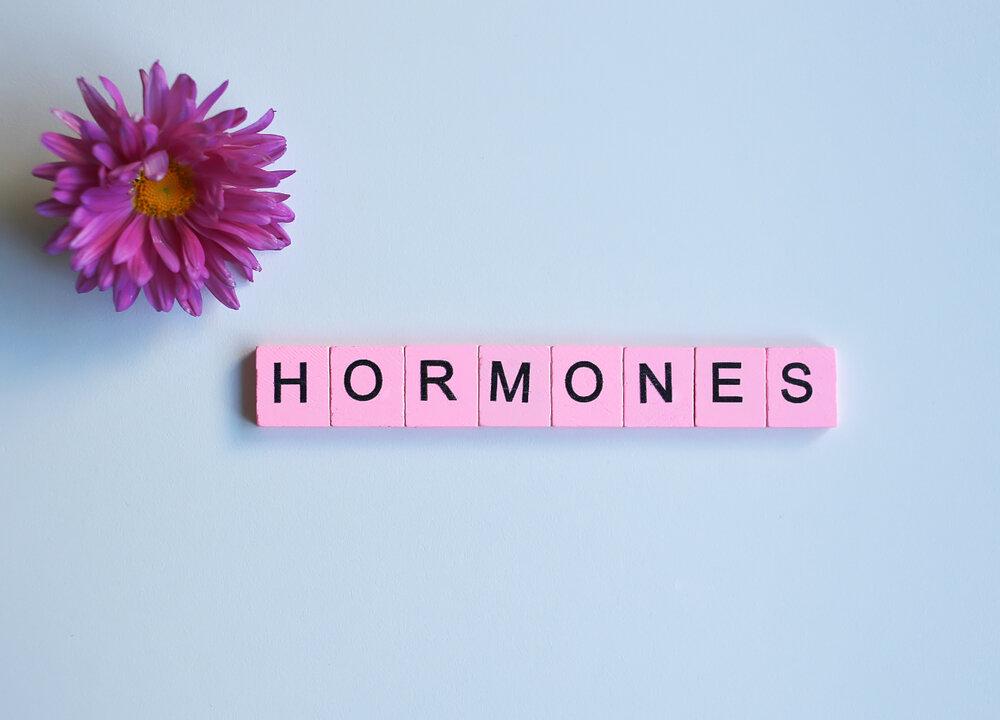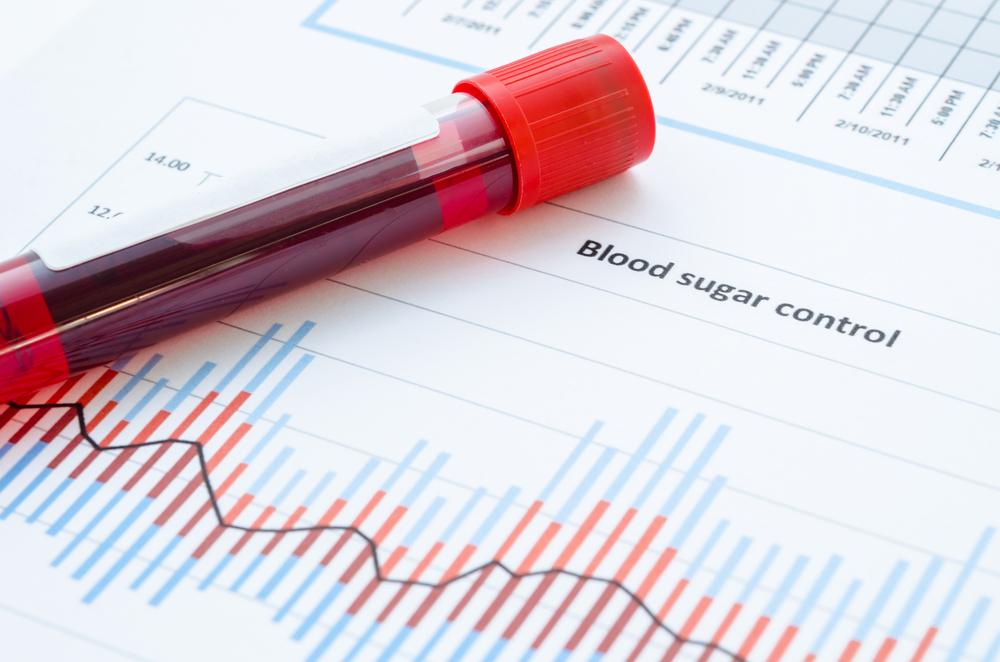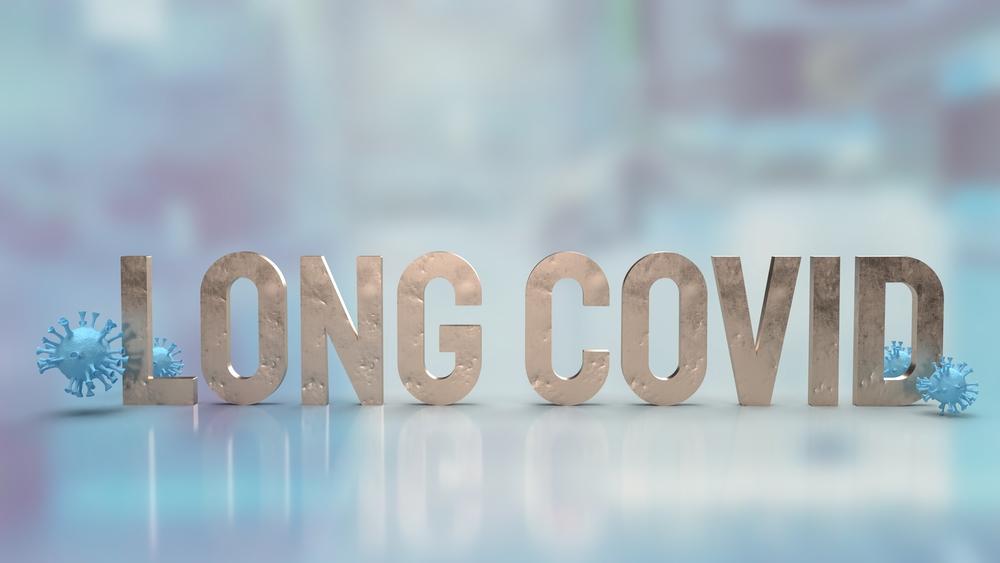Among the many duties we juggle daily, quality sleep often takes the back burner. This may not seem like that big of a deal in your 20s or 30s, but the repercussions eventually show up in your health and your waistline. Even if you’re younger and sleep deprivation hasn’t caught up yet, you’re still functioning at a much lower level than you could be. Sleep doesn’t just affect the next day’s priorities, it also has major consequences on your health and long-term effects on your skin.
“I read recently that lack of sleep can lead to chronic illness and other serious health issues. Kids, a job with crazy hours, and personal stress. I can’t seem to ever get a great night’s sleep, it’s always something!” Unfortunately, we hear this at OnePeak Medical more often than not from our patients. That’s why we’ve dedicated an entire blog to sleep and how you can reach your sleep goals!





